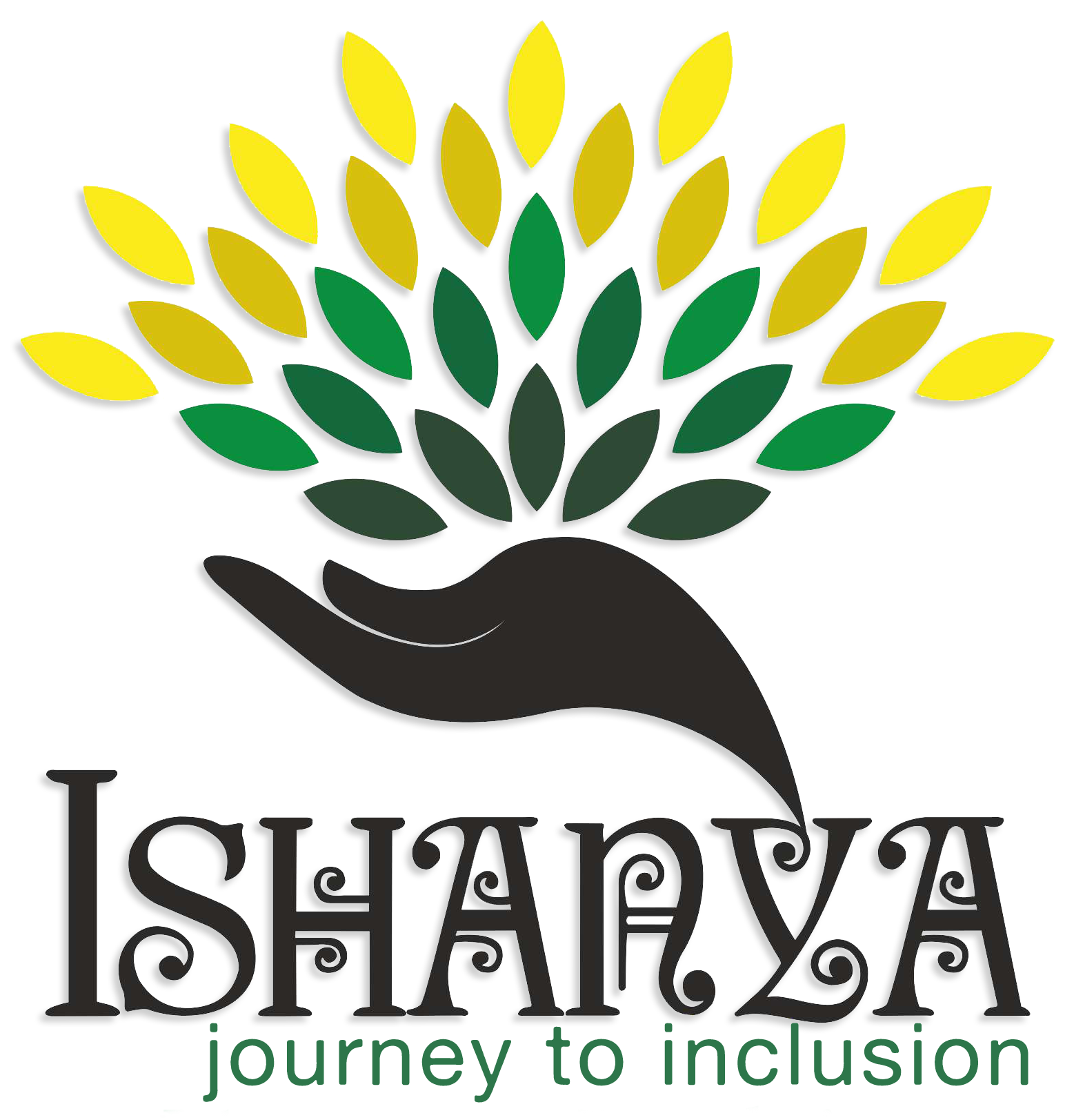 On September 15, 2019, a parent support group was held at Ishanya India Foundation by
On September 15, 2019, a parent support group was held at Ishanya India Foundation by
Vani Joshi, an Expressive Art facilitator, on “The Art Affair”. Students of Ishanya, parents,
special educators, therapists, and other interested individuals had attended the same.
Vani Joshi is a creative artist. She practices various forms of art – visual arts and crafts,
music, movement, drama, and storytelling – anything that fosters a deeper connection with the
Self. She has a Bachelors degree in Child Development from Lady Irwin College, Delhi, and an
MBA degree from Bangalore University. Most recently, she has done her ABT (Arts Based
Therapy) certification from Prajnadhara (Snehadhara Foundation, Bangalore). She has also
developed multiple arts based curricula for early childhood education to supplement classroom
pedagogy, which has been implemented in numerous schools across Bangalore. Vani enjoys
expressing herself in myriad ways and enjoys being a medium to help others to do express
themselves, for she believes that, “where words fail, art speaks!”
The interactive session on “The Art Affair” was an insight into the world of colours
which has the power to help one express one’s self, explore the emotions which one finds
challenging to handle, and finding simple harmony within oneself. The day’s session involved
the exploration and understanding of the field of Arts-Based Therapy.
Arts-Based Therapy is defined as the clinical and evidence-based use of art-forms
(music, drama, and visual arts) to accomplish individualized goals within a therapeutic
relationship. It is the practice of using imagery, storytelling, dance, music, drama, poetry,
movement, and visual arts together, in an integrated way, to nurture human growth,
development, and healing.
Expressive art therapy can also aid a child in achieving better self-awareness, relief from
stress or anxiety, learning disorders, autism, and other traumatic experiences. Through art
therapy, children receive treatment that is based on their existing strengths, weaknesses, interests,
and concerns. It can help individuals of all ages and races.
The interactive session on Expressive Art opened our eyes to how it is an amalgamation
of two important parameters – Discovery and Change. Through a visual presentation, as well as
various engaging activities Vani and the participants explored how we change or bring about a
change only after a process of self-discovery. The self-discovery process is aided by what is
referred to as the Engagement Process.
The Engagement process in the expressive art therapy includes three ways to improve
and enhance self-awareness and discovery – Explore (using what resource is available in the
environment), Create (expression of self through the chosen art form, like music, art and craft,
drama, and so on), and Connect (with self and the art created to gain a better understanding of
self to change).
If one wishes to incorporate art therapy in a therapeutic session, relevant questions must
be asked (to the client) regarding the art created by the individual. Such questions can be;
1. What do you see in your art?
2. Tell me about your artwork/ would like to tell me about your artwork?
3. How are you feeling?
4. Can you share your thoughts that you were having while drawing?
5. What has changed?
Expressive Art Therapy may be a liberating form of therapy for certain individuals. It has
high potential to be used as a complementary technique in various therapy sessions. It has
numerous empowering benefits for a client/ individual who partake in the same;
1. Facilitates self-awareness
2. Enhances self-esteem
3. Reduces anxiety
4. Encourages reminiscing
5. Maintains and/or increases mobility
6. Enhances body-mind connectivity
7. Focus on non-verbal communication as a method of therapy.
It will help the participants achieve emotional, cognitive, physical, and social integration.
Beneficial for both physical and mental health, Art based therapy can be used for stress
reduction, disease prevention, mood management, and pain management.



